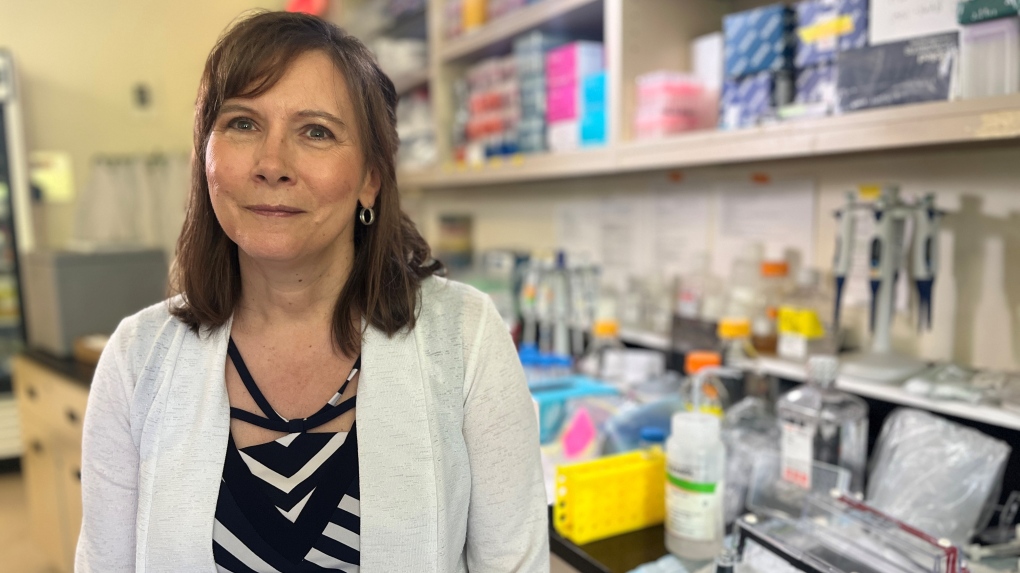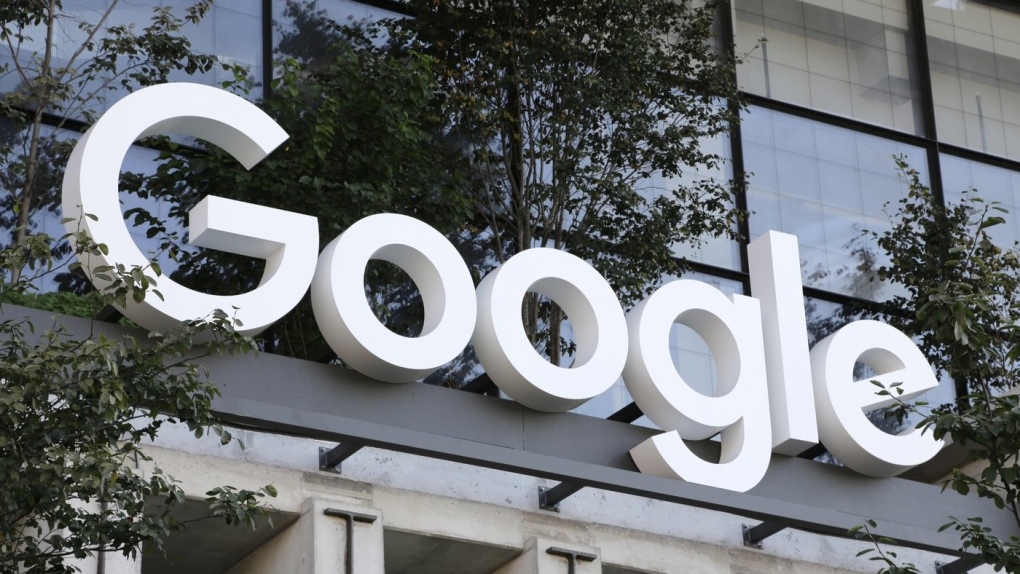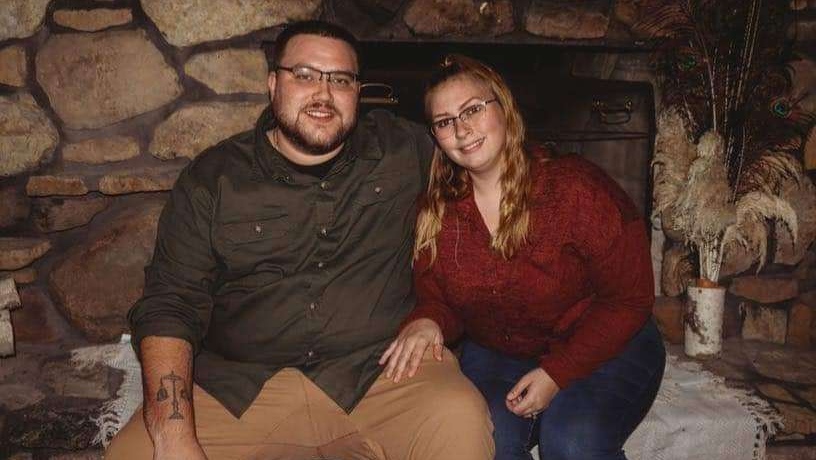Researchers at the Children’s Hospital of Eastern Ontario (CHEO) have developed the world’s first algorithm powered by artificial intelligence to identify children with undiagnosed rare genetic disorders.
During the pilot project, researchers at the Ottawa pediatric hospital used AI to scour nearly 260,000 patient records over the past decade. The analysis revealed 15 children and youth who had likely undiagnosed cases. Their symptoms had not triggered genetic analysis.
There are approximately 6,000 rare genetic diseases, some so uncommon they’re only found in 1 out of 5 million people.
The diseases are often complex and present as symptoms that point to other medical issues leading to misdiagnosis and years of delayed treatment and care.
CHEO’s ThinkRare algorithm, which took three years to develop, hones in on the likely cases much faster.
“Our work was focused on ‘how do we identify kids who may have a rare genetic disease earlier in their diagnostic pathway to avoid the frustrations that happen in later years when they get ping-ponged around the system?'” said Dr. Kym Boycott, senior scientist at the CHEO Research Institute.
Boycott says without ThinkRare’s identification of these cases, some kids may not have been referred to CHEO’s genetic disease clinic for care.
George Wistaff’s son was one of the cases that the algorithm identified.
Wistaff remembers receiving a call from CHEO to have his 10-year-old son Antony undergo genetic testing late last year. His son was born pre-maturely and had undergone several surgeries to put in a shunt to deal with hydrocephalus, a neurological disorder caused by abnormal buildup of cerebrospinal fluid.
10-year-old Antony Wistaff with his parents, Georges Wistaff and Kimberley Wistaff. Antony has been diagnosed with a rare disorder known as Chung-Jansen Syndrome. (Nice Peter)
As Antony grew, Wistaff said he noticed developmental delays in his son including poor balance, and difficulties in retaining “every day” information, but doctors couldn’t tell him why.
Over the decade, Antony visited CHEO more than 100 times across six different specialty clinics and made 30 trips to the emergency department.
Then, last August, the ThinkRare algorithm flagged Antony as potentially having an undiagnosed rare genetic disease and was referred for genome sequence testing. The test analyzes more than 5,000 genes that are associated with uncommon disorders.
In February 2024, Antony was diagnosed with Chung-Jansen Syndrome, a rare disorder that has only been diagnosed in about 400 people worldwide. The syndrome explained many of Antony’s health and developmental challenges.
“Antony is actually the first one diagnosed with this disease in North America,” Wistaff said.
“One simple drop of blood answered so many questions.”
Wistaff said he and his wife can now “stop the blame game” and start focusing on getting access to treatment and programs to help their son.
Dr. Boycott is also CHEO’s chief of genetics. She says not only is a clinical diagnosis key to getting targeted treatment, but it also unlocks valuable resources for families like access to special education assistants in classrooms.
“It’s the diagnosis that opens the pathways both in the healthcare system, but also in the community… if you don’t have a specific diagnostic code in the school system you’re often not given enough resources.”
Ivan Terekhov, CHEO’s director of research informatics and technology, helped create the ThinkRare algorithm. He met the Wistaff family and said it was an “awesome” and moving experience. It was the first time he’s seen his technological skills directly impact patient care.
Terekov says ThinkRare shows how AI can positively impact the medical field.
“AI isn’t replacing doctors ─ we’re helping them with digital tools. I don’t think this should be scary. It should be exciting, but we need to employ it in a responsible manner.”
Until now, the ThinkRare algorithm has been used to identify missed historical cases, but it will soon be used to sift through the records of all current and new patients at CHEO.
CHEO may be the first hospital to use this generalized AI diagnostic tool, but there are no plans to monetize the algorithm. Instead, Boycott says her team wants to give away the algorithm for free so pediatric hospitals across the world can faster identify genetic disorders in children.




